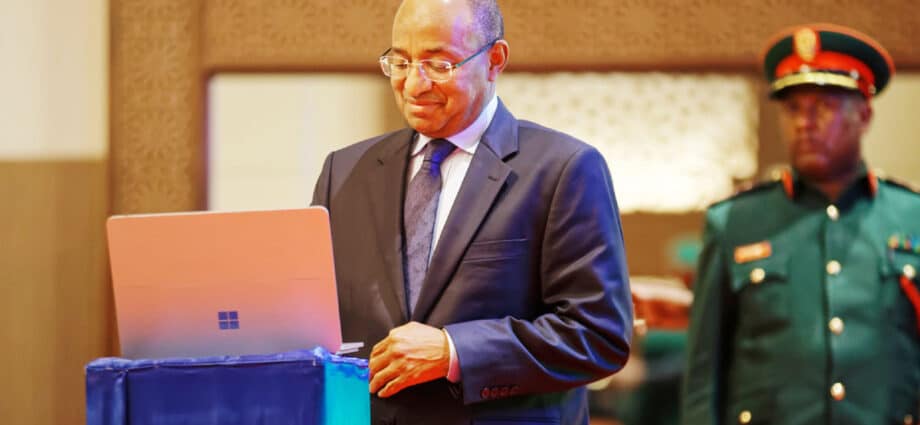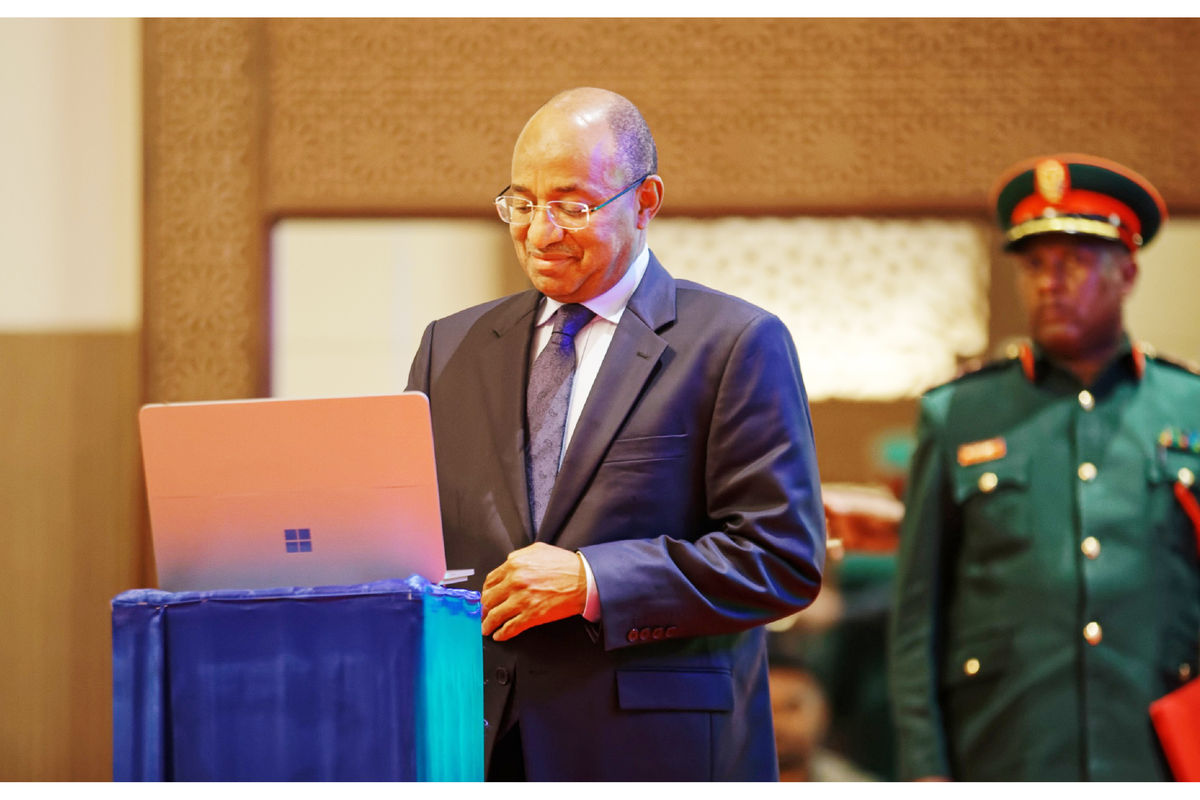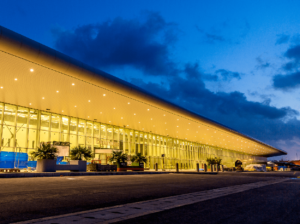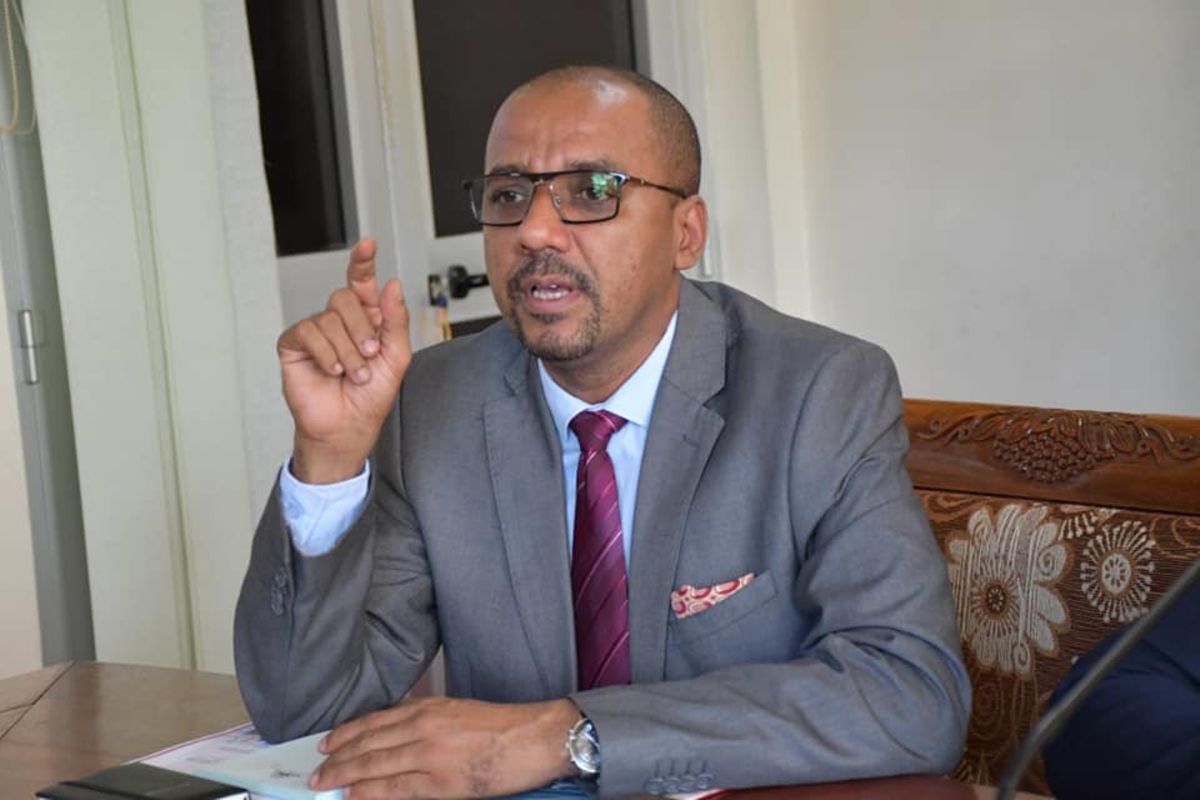Zanzibar. Zanzibar President Hussein Ali Mwinyi on March 20 commissioned the first round of auction of oil and gas blocks to investors as a step towards implementing the blue economy agenda.
Speaking during an event held at the Golden Tulip Hotel, Dr Mwinyi said the government had reviewed the legal and contractual frameworks around oil and natural gas before launching the round, to attract investors into the hydrocarbon industry.
“We made the review to create a friendly investment environment in the oil and gas sector here in Zanzibar because companies need to invest in a safe place where they can be profitable,” said Dr Mwinyi, assuring investors that the government was committed to creating a favourable investment environment.
The launch opened up oil and gas exploration activities in the new offshore blocks.
The eighth-phase government has embarked on the “blue economy” policy, which places the oil and gas sector among the main priority areas.
“The government believes that the blue economy has many opportunities to promote economic development plans that aim at reducing poverty and creating employment opportunities,” said Dr Mwinyi.
He said that the exploration activities for oil and gas in Zanzibar started in the 1950s with the British Petroleum (BP) Company, in collaboration with Shell, conducting detailed investigations and drilling two wells on both sides of Unguja and Pemba, which were completed in 1963.
He said that after the union of Tanganyika and Zanzibar in 1964, oil and gas exploration activities were under the government of the United Republic of Tanzania through the Tanzania Petroleum Development Corporation (TPDC).
Various studies were conducted on the mainland and offshore of Zanzibar, leading to the identification of blocks in Zanzibar.
The Minister for Blue Economy and Fisheries in Zanzibar, Mr Shaaban Ali Othman, said eight blocks out of the 12 existing blocks were launched yesterday.
“We are waiting for applications from investors for the eight blocks that are up for grabs in the next 10 years,” he said, welcoming investors.
He said both the laws governing the sector and the production sharing agreement (PSA) model were reviewed to facilitate investment.
The chief executive officer of the Zanzibar Petroleum Regulatory Authority (ZPRA), Mr Adam Abdallah Makame, said that within six months, they will provide an opportunity for investors to submit applications and purchase data about the blocks.
The regulator will then evaluate the applications and find an investor who can invest in the blocks.
He said that in searching for a company to invest in the blocks, the government prioritises expertise and also provides an opportunity for more than one company to collaborate to apply for one block.
“In our analysis, we focus more on professional capability than financial capacity,” he said.
The chief executive officer of the Zanzibar Petroleum Development Corporation (ZPDC), Mr Mikidadi Alli Rashid, said the investors will sign the PSA model with the minister and ZPDC to officially start oil and gas exploration and drilling.
He said that after signing the agreement, they will negotiate to determine what each party will get from each block.
“So far, not less than five companies have shown interest in investing in Zanzibar,” said Mr Rashid without naming the companies.
In managing expectations, he urged residents to be patient, as oil and gas exploration and potential development take time.















